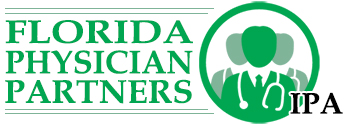It depends on the severity of your symptoms and your overall health. If you have mild cold symptoms that are manageable with rest and over-the-counter medications, it may not be necessary to see a doctor. However, if you have a high fever, shortness of breath, chest pain, or other severe symptoms, it's best to seek medical attention. Additionally, if you have underlying health conditions, it's always a good idea to check with your doctor before self-treating a cold.
A cold is usually a mild illness that resolves on its own within a week or two. However, if your symptoms are severe or persist for more than 10 to 14 days, it may be a sign of a more serious condition, such as pneumonia or a sinus infection. Here are some red flags to watch out for:
- High fever (above 101°F or 38.3°C)
- Shortness of breath or chest pain
- Persistent coughing or wheezing
- Severe headache or facial pain
- Persistent sore throat
- Ear pain or pressure
- Weakness, fatigue, or muscle aches that don't improve
If you experience any of these symptoms, it's important to seek medical attention. Your doctor can perform an examination and may order tests to determine the underlying cause of your symptoms and recommend the best course of treatment.
